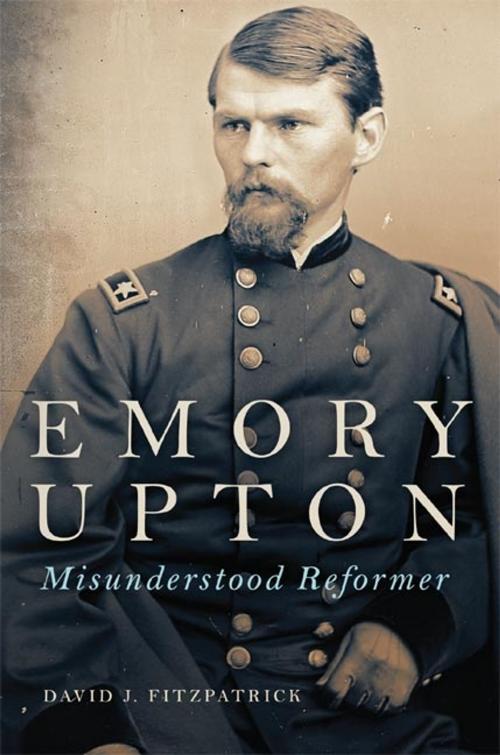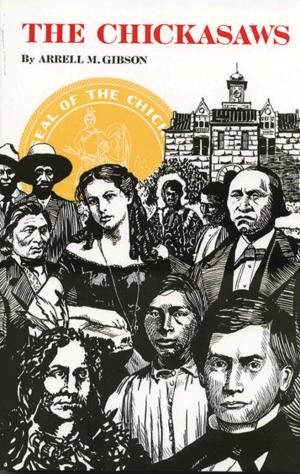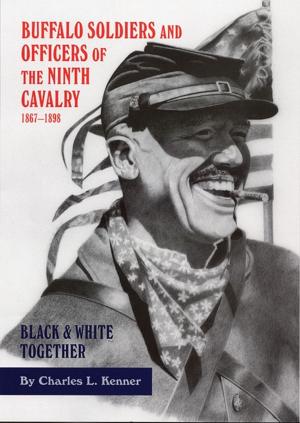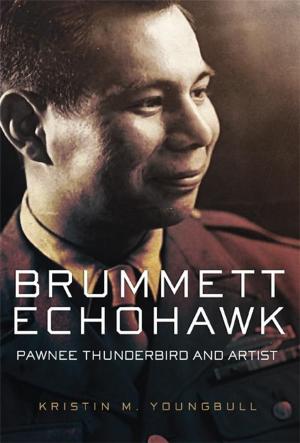Emory Upton
Misunderstood Reformer
Nonfiction, History, Americas, United States, Civil War Period (1850-1877), Military, Biography & Memoir, Historical| Author: | David J. Fitzpatrick | ISBN: | 9780806159249 |
| Publisher: | University of Oklahoma Press | Publication: | June 28, 2017 |
| Imprint: | University of Oklahoma Press | Language: | English |
| Author: | David J. Fitzpatrick |
| ISBN: | 9780806159249 |
| Publisher: | University of Oklahoma Press |
| Publication: | June 28, 2017 |
| Imprint: | University of Oklahoma Press |
| Language: | English |
Emory Upton (1839–1881) is widely recognized as one of America’s most influential military thinkers. His works—The Armies of Asia and Europe and The Military Policy of the United States—fueled the army’s intellectual ferment in the late nineteenth century and guided Secretary of War Elihu Root’s reforms in the early 1900s. Yet as David J. Fitzpatrick contends, Upton is also widely misunderstood as an antidemocratic militaristic zealot whose ideas were “too Prussian” for America. In this first full biography in nearly half a century, Fitzpatrick, the leading authority on Upton, radically revises our view of this important figure in American military thought.
A devout Methodist farm boy from upstate New York, Upton attended the United States Military Academy at West Point and served in the Civil War. His use of a mass infantry attack to break the Confederate lines at Spotsylvania Courthouse in 1864 identified him as a rising figure in the U.S. Army. Upton’s subsequent work on military organizations in Asia and Europe, commissioned by Commanding General William T. Sherman, influenced the army’s turn toward a European, largely German ideal of soldiering as a profession. Yet it was this same text, along with Upton’s Military Policy of the United States, that also propelled the misinterpretations of Upton—first by some contemporaries, and more recently by noted historians Stephen Ambrose and Russell Weigley. By showing Upton’s dedication to the ideal of the citizen-soldier and placing him within the context of contemporary military, political, and intellectual discourse, Fitzpatrick shows how Upton’s ideas clearly grew out of an American military-political tradition.
Emory Upton: Misunderstood Reformer clarifies Upton’s influence on the army by offering a new and necessary understanding of the military’s intellectual direction at a critical juncture in American history.
Emory Upton (1839–1881) is widely recognized as one of America’s most influential military thinkers. His works—The Armies of Asia and Europe and The Military Policy of the United States—fueled the army’s intellectual ferment in the late nineteenth century and guided Secretary of War Elihu Root’s reforms in the early 1900s. Yet as David J. Fitzpatrick contends, Upton is also widely misunderstood as an antidemocratic militaristic zealot whose ideas were “too Prussian” for America. In this first full biography in nearly half a century, Fitzpatrick, the leading authority on Upton, radically revises our view of this important figure in American military thought.
A devout Methodist farm boy from upstate New York, Upton attended the United States Military Academy at West Point and served in the Civil War. His use of a mass infantry attack to break the Confederate lines at Spotsylvania Courthouse in 1864 identified him as a rising figure in the U.S. Army. Upton’s subsequent work on military organizations in Asia and Europe, commissioned by Commanding General William T. Sherman, influenced the army’s turn toward a European, largely German ideal of soldiering as a profession. Yet it was this same text, along with Upton’s Military Policy of the United States, that also propelled the misinterpretations of Upton—first by some contemporaries, and more recently by noted historians Stephen Ambrose and Russell Weigley. By showing Upton’s dedication to the ideal of the citizen-soldier and placing him within the context of contemporary military, political, and intellectual discourse, Fitzpatrick shows how Upton’s ideas clearly grew out of an American military-political tradition.
Emory Upton: Misunderstood Reformer clarifies Upton’s influence on the army by offering a new and necessary understanding of the military’s intellectual direction at a critical juncture in American history.















